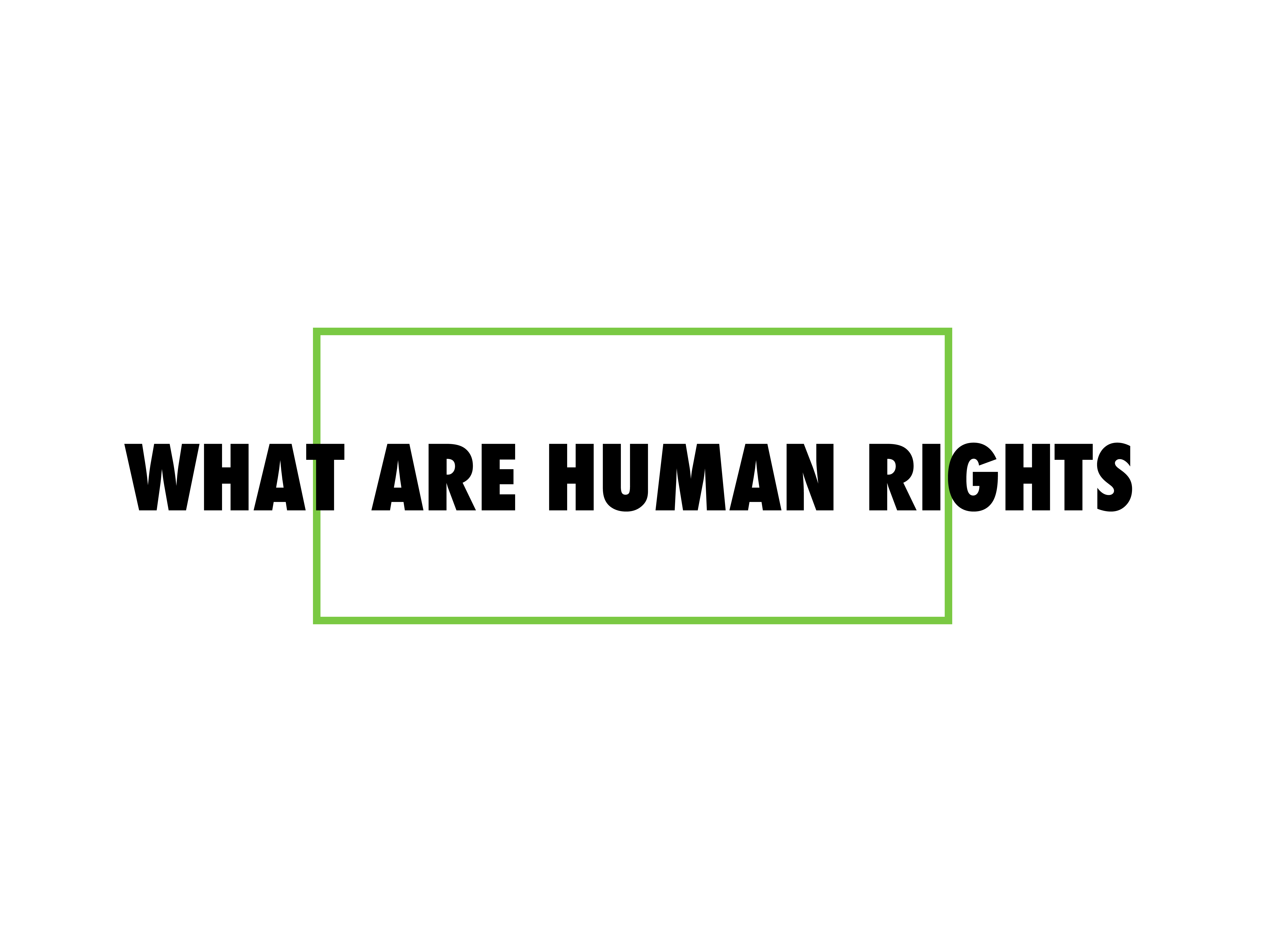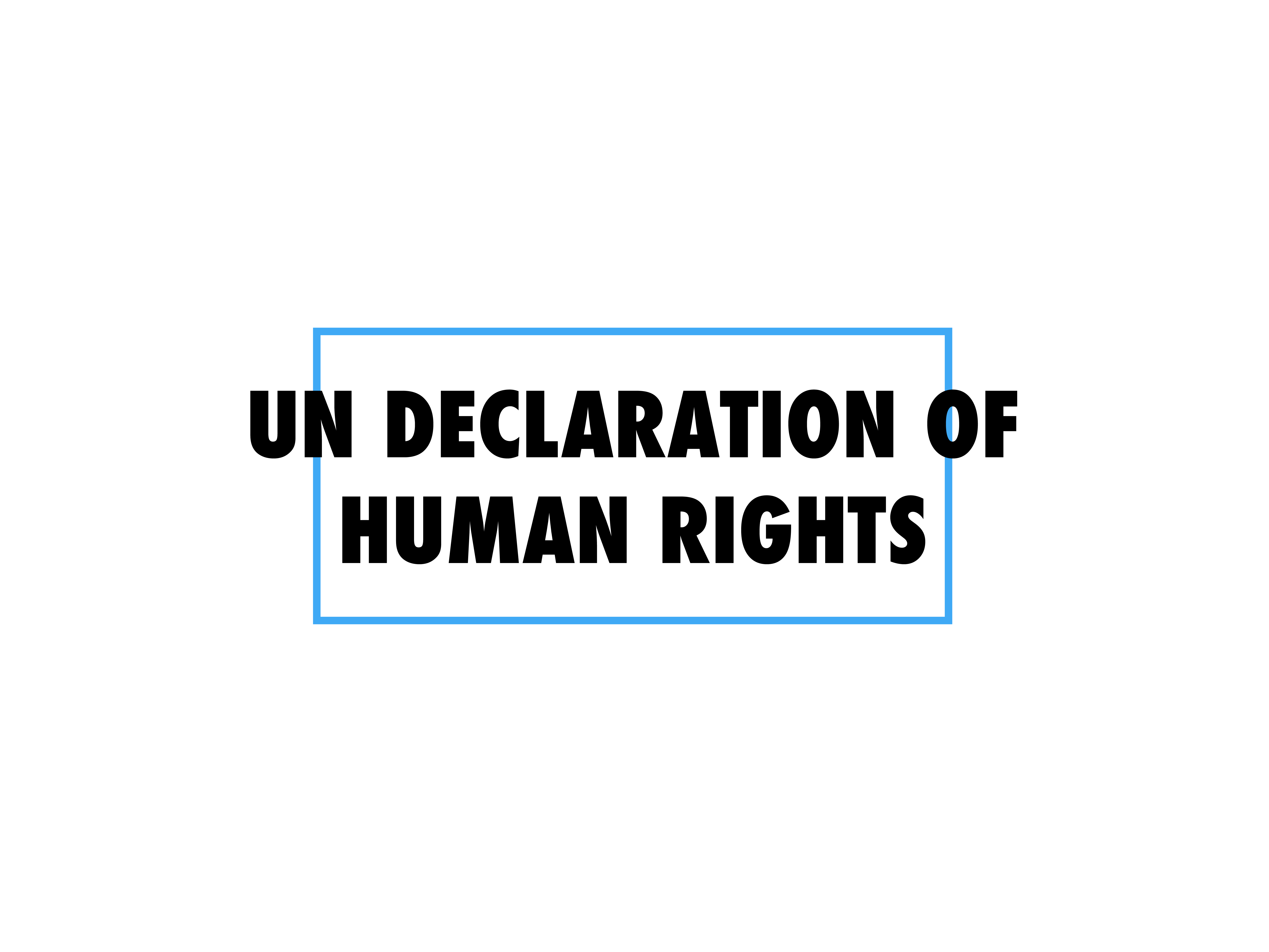HUMAN RIGHTS EDUCATION (HRE) is key to the implementation of human rights. In order to implement human rights as a practice in our daily lives, the rights-holders need to know their rights and possess the attitude and skills to claim them, and the duty-bearers need to know their human rights obligations and possess the attitude and skills to respect, protect and fulfill human rights. Human rights education can be defined as a way to build and strengthen human rights knowledge as well as the required attitudes and skills.
HUMAN RIGHTS EDUCATION SHOULD:
• Build knowledge, skills, values and attitudes
• Create action and change to build and promote a universal culture of human rights
• Clearly link and refer to the human rights system, instruments and standards
• Promote participation and empowerment
• Promote accountability and rule of law
• Promote non-discrimination, equality and the protection of vulnerable groups
• Be learner centred
• Be contextualised, concrete and local
• Apply interactive and participatory learning methodologies
• Be well planned and managed
In the UN Declaration on Human Rights Education and Training it is determined that “...human rights education should provide persons with knowledge, skills and attitudes to empower them, to contribute to the building and promotion of a universal culture of human rights’.
There are three learning dimensions: knowledge, skills, and attitudes or values.
KNOWLEDGE
• Human rights instruments and mechanisms
• International, regional, national human rights systems
• Three dimensions of human rights (civil and political, economic, social and cultural, as well as collective rights)
• History of human rights
• Human rights’ background in philosophy, religion, law and politics
• Human rights principles:
· Universality, inalienability, indivisibility, interdependence & interrelatedness, non-discrimination, equality & vulnerable groups;
· Universality, inalienability, indivisibility, interdependence & interrelatedness, non-discrimination, equality & vulnerable groups;
· Participation & empowerment;
· Accountability & Rule of Law
· Accountability & Rule of Law
SKILLS
Analytical skills:
Apply human rights to reality:
• Identify the human rights at stake
• Identify human rights violations or shortcomings
• Distinguish human rights violations from ordinary crime
• Critical thinking; distinguish between fact and opinion
• Be aware of prejudice
Interactive skills:
• Active listening
• Respect different points of view
• Express own opinions
• Cooperate in group work
• Respect different points of view
• Express own opinions
• Cooperate in group work
Problem-solving skills:
• Finding human rights information incl. how to use instruments and reports
• Make decisions, use judgement
• Solve conflicts and problems
• Make democratic decisions & build consensus
• Plans & tools for enhancing human rights in structures & systems learners are part of
• Plans & tools for enhancing human rights in structures & systems learners are part of
VALUES/BEHAVIOUR
• Respect for self and others
• Value diversity
• Building self-knowledge and self-awareness
• Take responsibility for own actions and build a sense of social responsibility
• Confidence in own role and ability to contribute to human rights enhancement
• Assess and understand others’ motives
• Realise and address own and others’ prejudices
• Curiosity and an open mind
• Empathy and solidarity – commitment to support people denied their rights
• Curiosity and an open mind
• Empathy and solidarity – commitment to support people denied their rights


